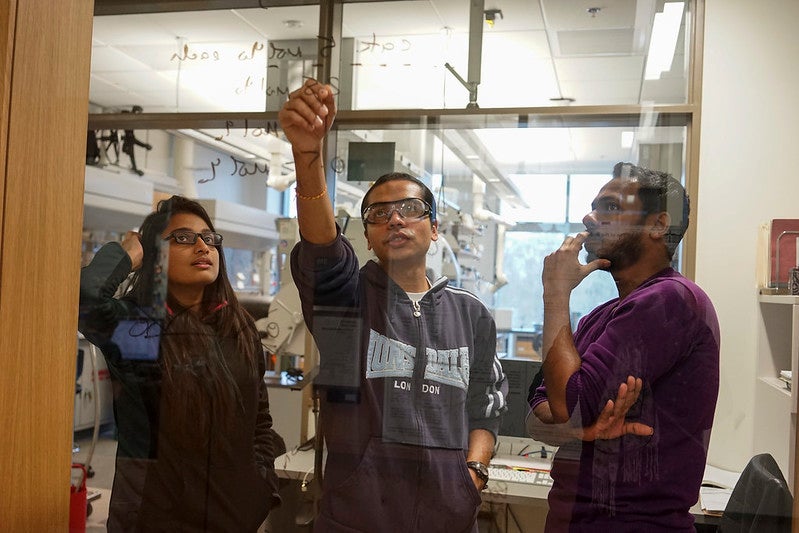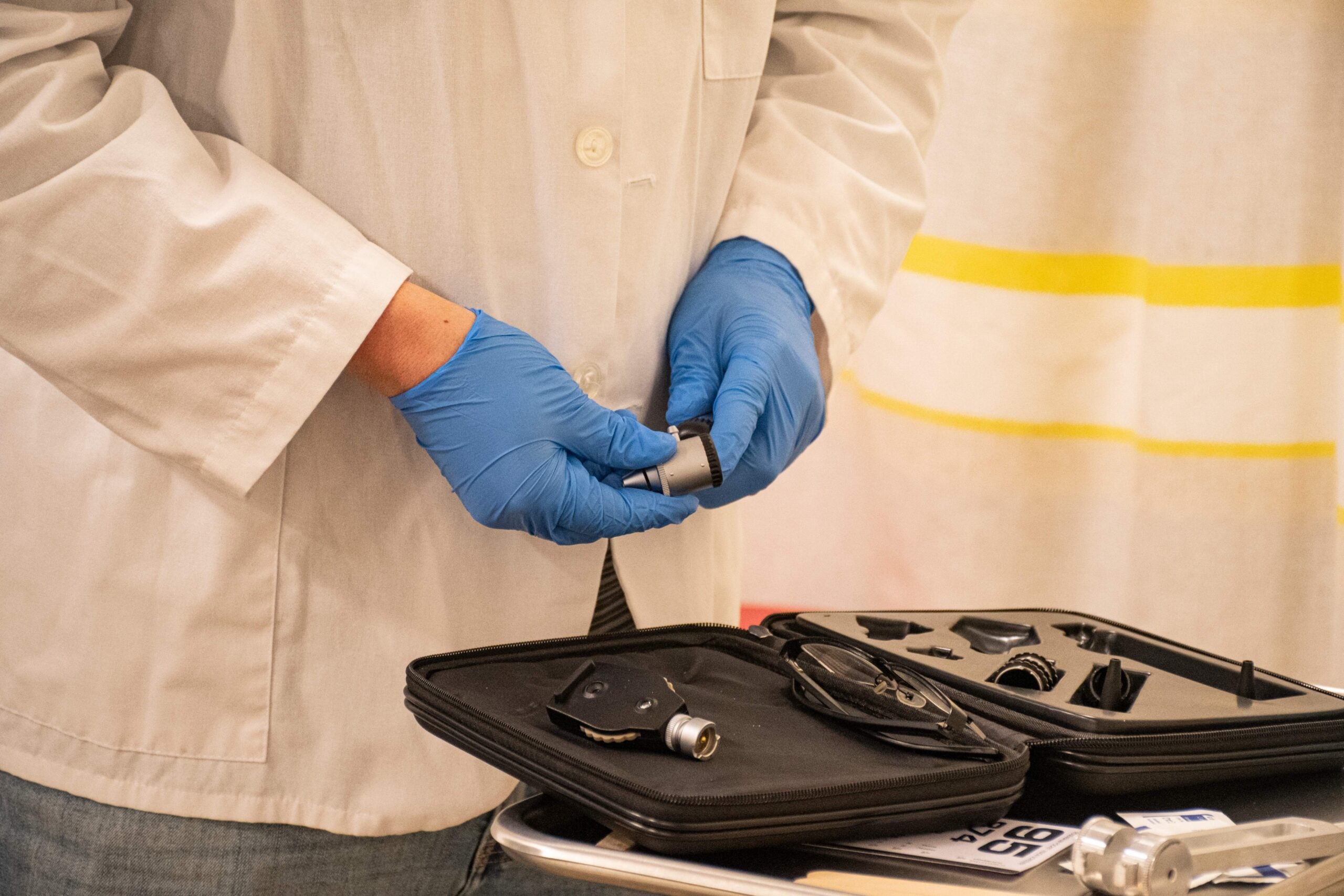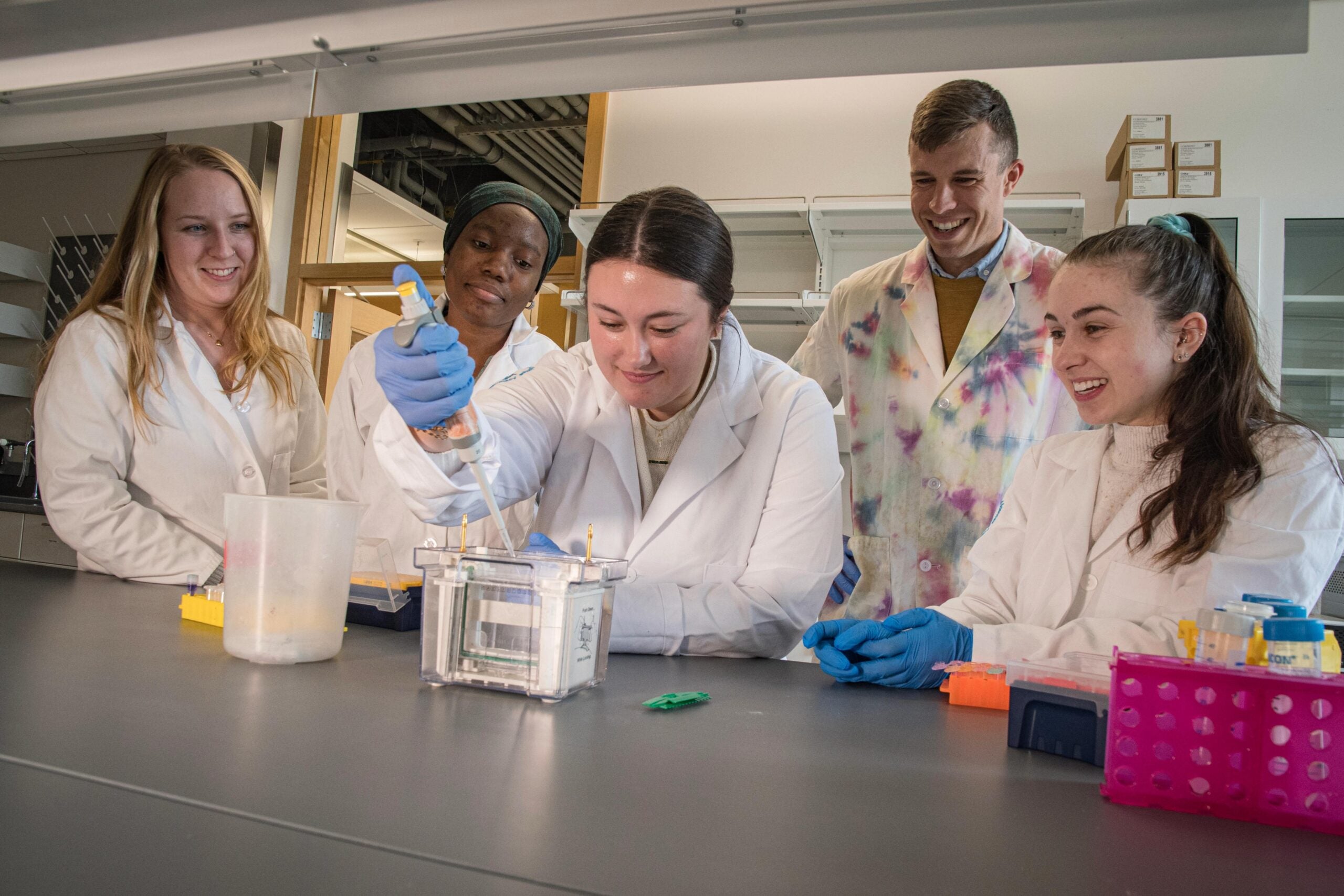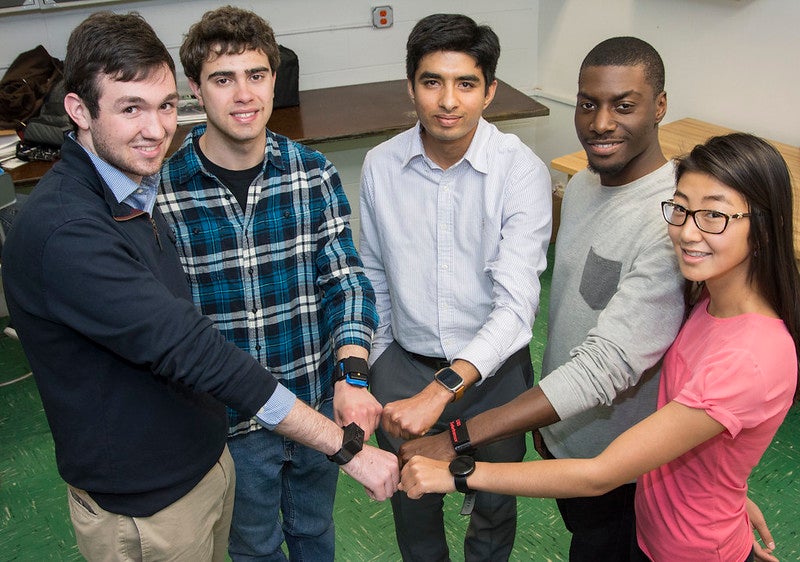Pursuing any health professional program requires significant planning and creating a plan to be a competitive applicant.
Holistic Review
Health professional schools use a holistic review process, which means they look at everything in your application—not just your GPA or test scores. They consider:
- Academic performance (GPA, coursework, test scores)
- Experiential learning (direct patient care/clinical experience, volunteer work, research, leadership)
- Personal qualities and competencies (communication, resilience, ethical reasoning, etc.)
This approach helps schools understand your readiness for the program, how you might contribute to their community, and your potential as a future healthcare professional.
There’s no single part of your application that will make or break your acceptance. Success comes from a well-rounded, authentic story built across all parts of your application.
Breadth, Depth and Rigor:
Professional schools don’t just look at your GPA. They closely review what you’ve taken and how you’ve challenged yourself.
Here’s how to think about your classes through the lens of breadth, depth, and rigor:
Breadth in well-rounded learning:
You’ve explored meaningful coursework outside the sciences.
- Shows you’re a curious, culturally aware thinker through coursework outside of the sciences, or through your experiences.
- Consider upper-level courses in the social sciences, humanities, or languages.
- Examples could include: Helping Skills for Counselors and Health Professionals (HDF 250) or Health, Illness and Medical Care (SOC 224), or any class that deepens cultural or behavioral understanding.
- Tip: Get a letter of recommendation from a non-science professor to reflect your engagement in these areas.
Depth of subject mastery
You’ve gone beyond the basics in a specific area of interest. This may demonstrate commitment and the ability to think like a future expert.
- Choose upper-level courses that build on earlier ones (examples might include Immunology and Serology, Inorganic Chemistry or Pharmacology).
- Consider getting involved in research to further deepen your expertise.
Rigor and Academic Challenge
You’ve taken, and succeeded in, challenging courses.
Important note: Whenever possible, your prerequisite coursework should be taken at URI—your four-year, degree-granting institution. This demonstrates your ability to handle the full academic rigor of foundational science courses. Taking prerequisites during summer or J-Term sessions, or at other institutions like a community college, may raise concerns about course intensity and consistency.
- Health professional schools want to see that you’ve challenged yourself in a traditional academic setting, so plan to complete these key courses during the regular fall and spring semesters at URI.
- Shows schools you can handle the intensity of health professional programs.
- Your science GPA (BCPM) matters, so be strategic with your STEM course choices.
- Take more 300- and 400-level courses as you advance, especially in biology, chemistry, physics, or math.
A Level of Awareness
There should be a level of “knowing” that this is the career for you.
- You can show you are passionate about pursuing this health profession, more than just “wanting to help people”
- Building a passion for the field by doing work through direct patient care/clinical experience to know what the work is like.
- Own your journey! Research professional associations to find out as much as you can about the career you are pursuing from resources available online: AAMC, ADEA, PAEA and more.
AP Credits
AP credit can be a great way to move ahead in your academic requirements at URI. However, that’s not always the case when it comes to applying for health professional programs.
- Many schools do not accept AP credit in place of required science or math courses and may expect to see that you’ve completed these subjects at the college level.
- AP credit may also impact your preparation for entrance exams like the MCAT, DAT, or GRE, which assume a college-level foundation in core sciences.
Some programs (but not all programs) will accept AP credit if it is supplemented by higher-level coursework in the same subject area. If you plan to use AP credit in place of introductory biology courses, most medical schools will expect you to demonstrate your biology proficiency through additional upper-level coursework. Choosing classes like any of the following can be beneficial:
- Introductory Endocrinology
- Virology
- Immunology and Serology
- Principles of Cell Biology
These courses go beyond the general survey content of introductory biology and provide a deeper understanding of human systems, disease mechanisms, and molecular processes, which connects directly to medicine.
Health professional schools value these types of courses because they signal that you’ve challenged yourself academically. For medical school specifically, this can signal to the admissions committee that you’ve built a strong foundation for success in both the MCAT and in medical school itself.
For example, immunology and virology align closely with topics tested on the MCAT, while endocrinology and cell biology strengthen your grasp of human physiology and molecular biology, which you’ll revisit in detail during your medical training. By taking one or more of these upper-level biology electives, you show admissions committees that you can handle rigorous science coursework and that your AP credit reflects genuine mastery of the subject.
A Note on Labs:
While upper-level biology courses such as the ones listed above are excellent ways to demonstrate advanced knowledge, many of these courses do not include a lab. Since most medical schools require a full year of Biology, Chemistry, and Physics with labs, you will need to ensure that you have college-level laboratory experience on your transcript. This does not always have to be tied directly to the same lecture course. For example, an advanced biology lab or techniques course can complement an upper-level lecture. If you plan to use AP credit for a prerequisite, make sure you pair it with both an upper-level lecture course and at least one corresponding lab experience in that discipline to fully meet medical school expectations.
When in doubt, plan to take the full sequence of prerequisite courses here at URI. This not only strengthens your application but also ensures you’re fully prepared for the academic rigor of professional school.

Timelines
The application process for health professions schools can be lengthy and intensive. Applicants formally begin the process during the Fall semester one and a half years prior to when they plan to matriculate to health professional school.
make your plans nowFor students who are planning on applying, the first step is to attend our “Am I Ready to Apply?” interactive workshop held in the Fall semester.
Upcoming Workshops and Events:
All events, information sessions and workshops are posted to URI Events and Handshake:
Fall 2025 Events and Workshops




